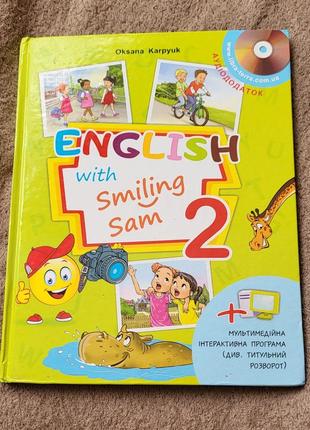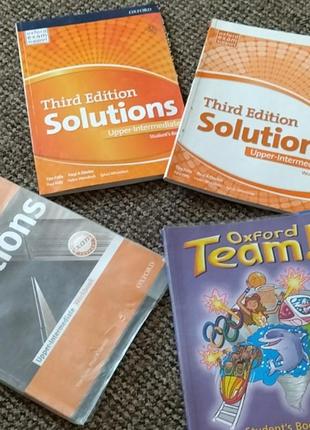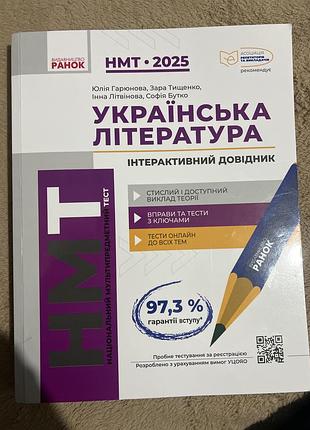Troubleshooting java: read, debug, and optimize jvm applications, laurentiu spilca
Описание
Effectively reading and understanding existing code is a developer’s
superpower. In this book, you’ll master techniques for code profiling,
advanced debugging, and log evaluation to find and fix bugs and performance
problems. \n \nIn Troubleshooting Java: Read, debug, and optimize JVM
applications you will learn how to: \n \nDetermine what code does the first
time you see it \nExpose code logic problems \nEvaluate heap dumps to find
memory leaks \nMonitor CPU consumption to optimize execution \nUse thread
dumps to find and solve deadlocks \nEasily follow a service-oriented or
microservices system \nProperly use logging to better understand Java app
execution \nUse Java debuggers efficiently \n \nSearching for bugs, detangling
messy legacy code, or evaluating your codebase for new features sucks up much
of a developer's time. Troubleshooting Java: Read, debug, and optimize JVM
applications teaches code investigation techniques that will help you
efficiently understand how Java apps work, how to optimize them, and how to
fix the bugs that break them. You’ll go from the basics of debugging to
advanced methods for locating problems in microservices architectures, and
save yourself hours—or even days—of time. Each new technique is explained with
lively illustrations and engaging real-world examples. \n \nAbout the
technology \nFact: Over the course of your career, you’ll spend far more time
reading code than you will writing it. The code investigation skills in this
book will radically improve your efficiency in understanding and improving
Java applications. \n \nAbout the book \nTroubleshooting Java: Read, debug,
and optimize JVM applications presents practical techniques for exploring and
repairing unfamiliar code. In it, you’ll learn timesaving practices for
discovering hidden dependencies, discovering the root causes of crashes, and
interpreting unexpected results. Go beyond profiling and debugging and start
understanding how Java applications really work. \n \nWhat's inside \n
\nDetermine what code does the first time you see it \nEvaluate heap dumps to
find memory leaks \nMonitor CPU consumption to optimize execution \nUse thread
dumps to find and solve deadlocks \nUncover glitches in code logic \nLocate
intermittent runtime problems \n \nAbout the reader \nFor intermediate Java
developers. \n \nAbout the author \nLaurentiu Spilca is a skilled Java and
Spring developer and an experienced technology instructor. He is the author of
Spring Start Here and Spring Security in Action. \n \nTable of Contents \nPART
1 - THE BASICS OF INVESTIGATING A CODEBASE \n1 Revealing an app’s obscurities
\n2 Understanding your app’s logic through debugging techniques \n3 Finding
problem root causes using advanced debugging techniques \n4 Debugging apps
remotely \n5 Making the most of logs: Auditing an app’s behavior \nPART 2 -
DEEP ANALYSIS OF AN APP’S EXECUTION \n6 Identifying resource consumption
problems using profiling techniques \n7 Finding hidden issues using profiling
techniques \n8 Using advanced visualization tools for profiled data \n9
Investigating locks in multithreaded architectures \n10 Investigating
deadlocks with thread dumps \n11 Finding memory-related issues in an app’s
execution \nPART 3 - FINDING PROBLEMS IN LARGE SYSTEMS \n12 Investigating
apps’ behaviors in large systems
\n
Також купити книгу Troubleshooting Java: Read, debug, and optimize JVM
applications, Laurentiu Spilca можливо по посиланню:
Также ищут:
Похожие товары
ТОП объявления
-
 TopДетская книга100 грн
TopДетская книга100 грн -
 TopПодарок для девочки торг3100 грн
TopПодарок для девочки торг3100 грн -
 TopПроект счастья150 грн
TopПроект счастья150 грн -
 TopКниги набор 9 штук оптом120 грн
TopКниги набор 9 штук оптом120 грн -
 TopПуговицы и кружево1400 грн
TopПуговицы и кружево1400 грн -
 TopСамый богатый мужчина в вавилоне100 грн
TopСамый богатый мужчина в вавилоне100 грн -
 TopMissoniКонсультация таро350 грн
TopMissoniКонсультация таро350 грн




































